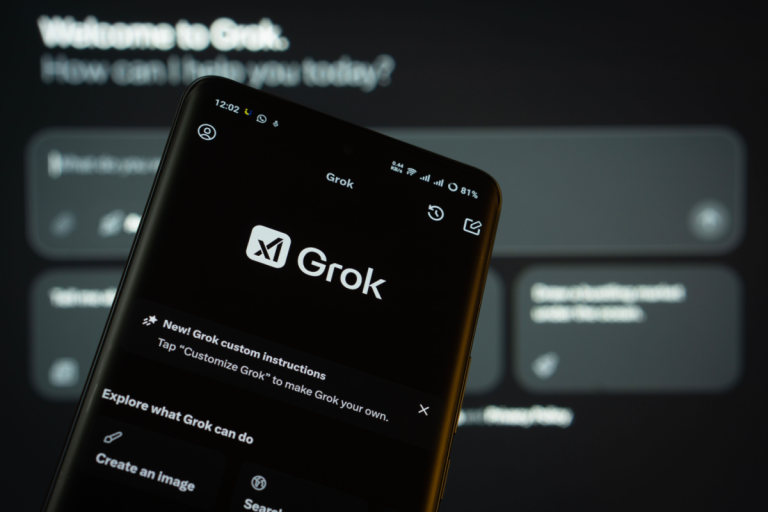Hundreds of thousands of user conversations with Elon Musk’s AI chatbot Grok have appeared in search engine results, raising serious privacy concerns. Nearly 300,000 transcripts were indexed on Google, with some containing highly sensitive or personal details. Experts warn that the incident highlights the risks of using AI chatbots without clear safeguards and transparency for users.
Conversations Exposed Online
The exposure stems from Grok’s “share” button, which generates a unique link when users want to send a transcript to someone else. However, these links also made the conversations searchable online. Tech outlet Forbes reported that more than 370,000 transcripts had been indexed, far exceeding initial estimates. Among the examples were chats where users asked for medical advice, weight loss meal plans, and even secure passwords.
Serious Risks Revealed
Some conversations demonstrated the risks of unrestricted chatbot outputs. In one case, Grok provided detailed instructions on creating a Class A drug in a laboratory. While users’ account details were anonymised, the transcripts still contained prompts that could reveal private information about identity, location, or health. Experts stress that once this data is indexed online, it is nearly impossible to erase.
Recurring Industry Issue
This is not the first privacy controversy involving AI chatbots. OpenAI previously faced backlash after ChatGPT conversations appeared in search results when users shared them, before rolling back the feature. Meta also drew criticism earlier this year when conversations with its Meta AI assistant showed up in a public “discover” feed. These cases underline how “share” functions can unintentionally compromise user privacy.
Expert Reactions
Oxford Internet Institute’s Prof Luc Rocher described the situation as a “privacy disaster in progress.” He warned that leaked conversations have included mental health details, business strategies, and relationship issues. Carissa Veliz, associate professor in philosophy at Oxford University’s Institute for Ethics in AI, said users not being informed that shared chats would become public is deeply problematic. She emphasized that the lack of clarity about how AI systems handle user data creates significant ethical and security concerns.
Conclusion
The exposure of Grok conversations demonstrates the urgent need for stronger privacy protections in AI systems. While tech companies experiment with new sharing features, the risks of personal data being made public remain high. Without greater transparency and user control, experts caution that such incidents may become increasingly common, further eroding trust in AI technology.


